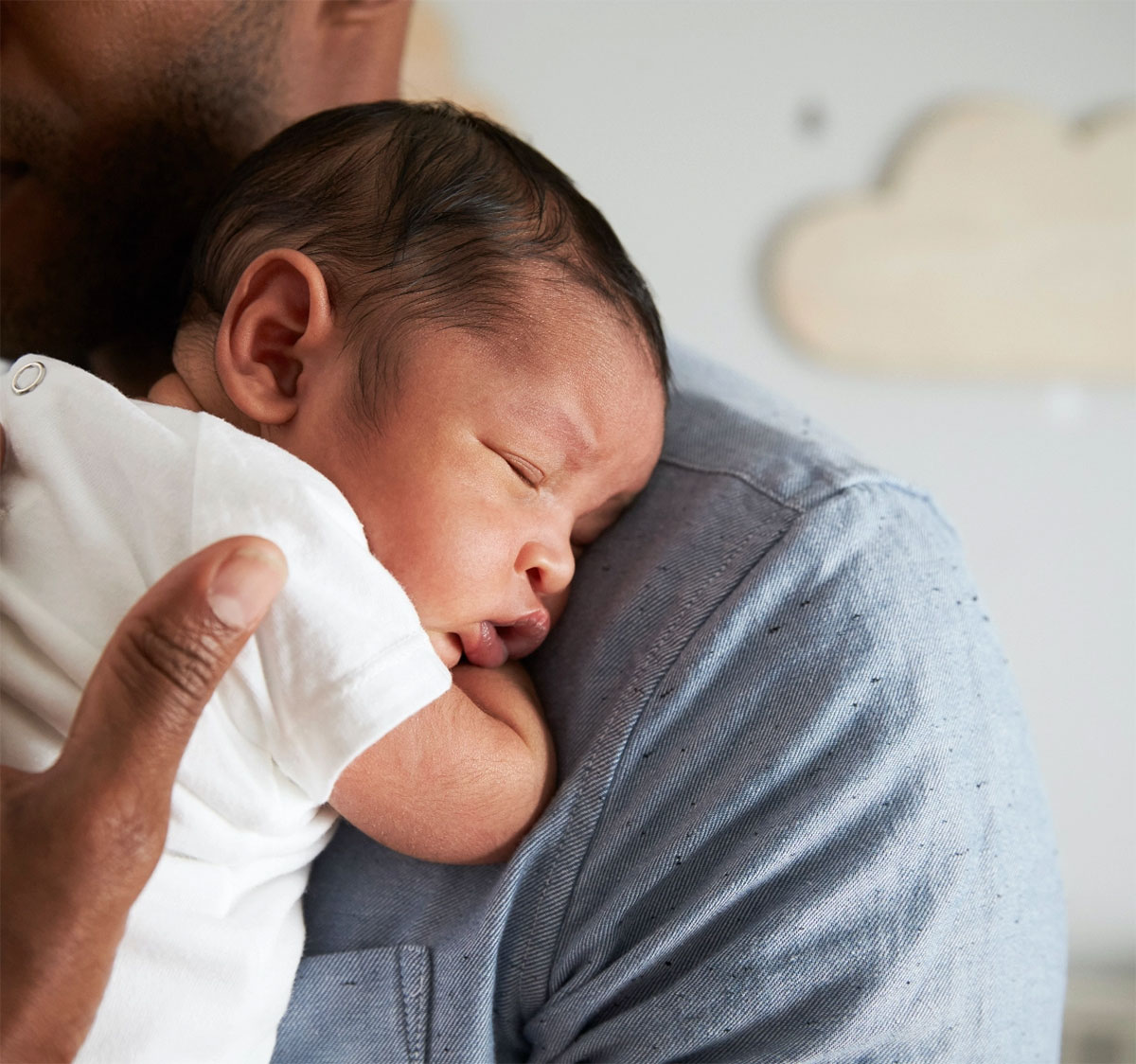
I remembered when I came home from hospital, my public health nurse talked about a set of questions called the Edinburgh Postnatal Depression Scale. She said the survey is often given to women by their doctors or public health nurses. Usually, the survey is given when signs of being depressed are most likely to appear. This is when women are between 28 and 32 weeks pregnant and again between 6 and 8 weeks after childbirth (called the postpartum period). The Survey tells women whether their feelings are part of a normal process of adjusting to a new baby, or whether their feelings might be a sign of something more serious. I decided to ask more about it the following week when I had to take my baby to the public health nursing clinic for shots.
At the end of my public health nursing clinic visit, I told the nurse about my feelings and asked her about the survey. She gave me a copy of the Edinburgh Postnatal Depression Scale and encouraged me to fill it out. It only took me 5 minutes.
The nurse added up my score (it was 17). She explained the scoring system, saying: depression is possible with scores higher than 8; and the higher the score, the more likely the depression. She also told me that this survey does not say for sure that I have depression, but it is a sign that I might need more support.
“I had no one to talk to, no support, no one who understood.
I had to carry the whole weight on my shoulders, trying to see the light at the end of the tunnel.
I had to believe that it would eventually pass.”
K.R., Vancouver


“My first phone call to the Pacific Post Partum Support Society was an eye-opener: I am NOT a bad Mum; it IS a tough job; I DO deserve to get more sleep; I am NOT crazy; and I am NOT alone. I cried all through that phone call and for a long time after. It was an enormous relief. I talked about my fears about screwing up my daughter’s future, and was told that by reaching out for help, I WAS being a good Mum.”
U.Y., Gibsons
We talked about common signs of baby blues and postpartum depression. She told me many women who have postpartum depression also feel worried and anxious (called anxiety). Some women experience these signs during pregnancy and others after the birth of their baby. Depression anytime during this period is called perinatal depression.
She suggested I do two things:
1. Call the Pacific Post Partum Support Society telephone support line: 604.255.7999 or toll-free 1.855.255.7999.
2. Make an appointment with my family doctor, midwife or nurse practitioner.
The public health nurse gave me some tips for talking to my doctor about how I was feeling. She said it would be a good idea to take my completed Edinburgh Postnatal Depression Scale results with me. And she gave me a list of people and organizations that help women who may have postpartum depression.
But I still didn’t take action for several days. I continued to cry and worry all the time about my baby. Some days I felt like I couldn’t get going, other days I felt like I couldn’t slow down. Those terrible thoughts of my baby being hurt, by me or others, were coming more often and were more frightening. I tried so hard not to have these thoughts. It got so I couldn’t think clearly and do everyday activities. That’s when I realized I needed to do something. I called the Pacific Post Partum Support Society telephone support line.
I was so nervous. This was the first time I had talked to anyone other than the public health nurse about my thoughts and feelings. It was such a relief when I realized the voice at the other end of the phone was there to listen and to help. She didn’t judge me. She reassured me that I wasn’t alone and I wasn’t going crazy. She talked with me about postpartum depression and why some women find it harder to adjust than others. She helped me to understand the things in my life that were part of why I felt the way I did and why I felt so tired and low. She assured me it wasn’t a weakness on my part. It was understandable I needed help and I deserved to get help. She encouraged me to keep in touch and offered to call me every week to check in.
Wow! After that phone call, I felt a great sense of relief that I was no longer alone. She had suggested I discuss my thoughts and feelings with my family doctor. She said that family doctors have different levels of comfort talking about this and some are more helpful than others. If I didn’t feel I was receiving the support I needed from my family doctor, I was to call her back. We could talk about other ways to get support. It took three more calls to the telephone support line before I was convinced to make an appointment with my family doctor.
Pacific Post Partum Support Society is located on the traditional, ancestral, unceded, and occupied territories of the xʷməθkʷiy̓əm (Musqueam), Sḵwx̱wú7mesh (Squamish), səlilwətaʔɬ (Tsleil-Waututh), and Stó:lō First Nations.